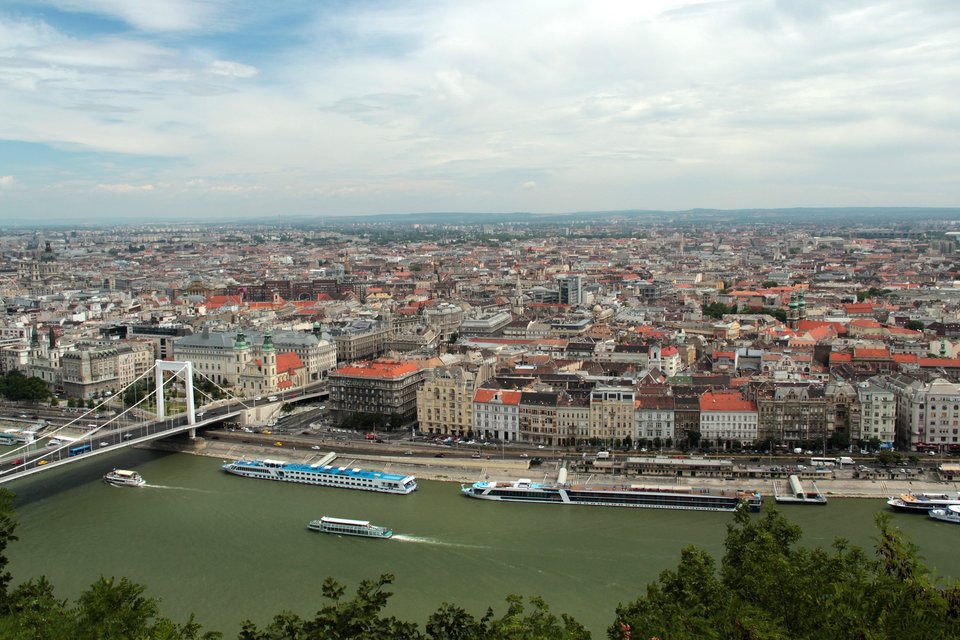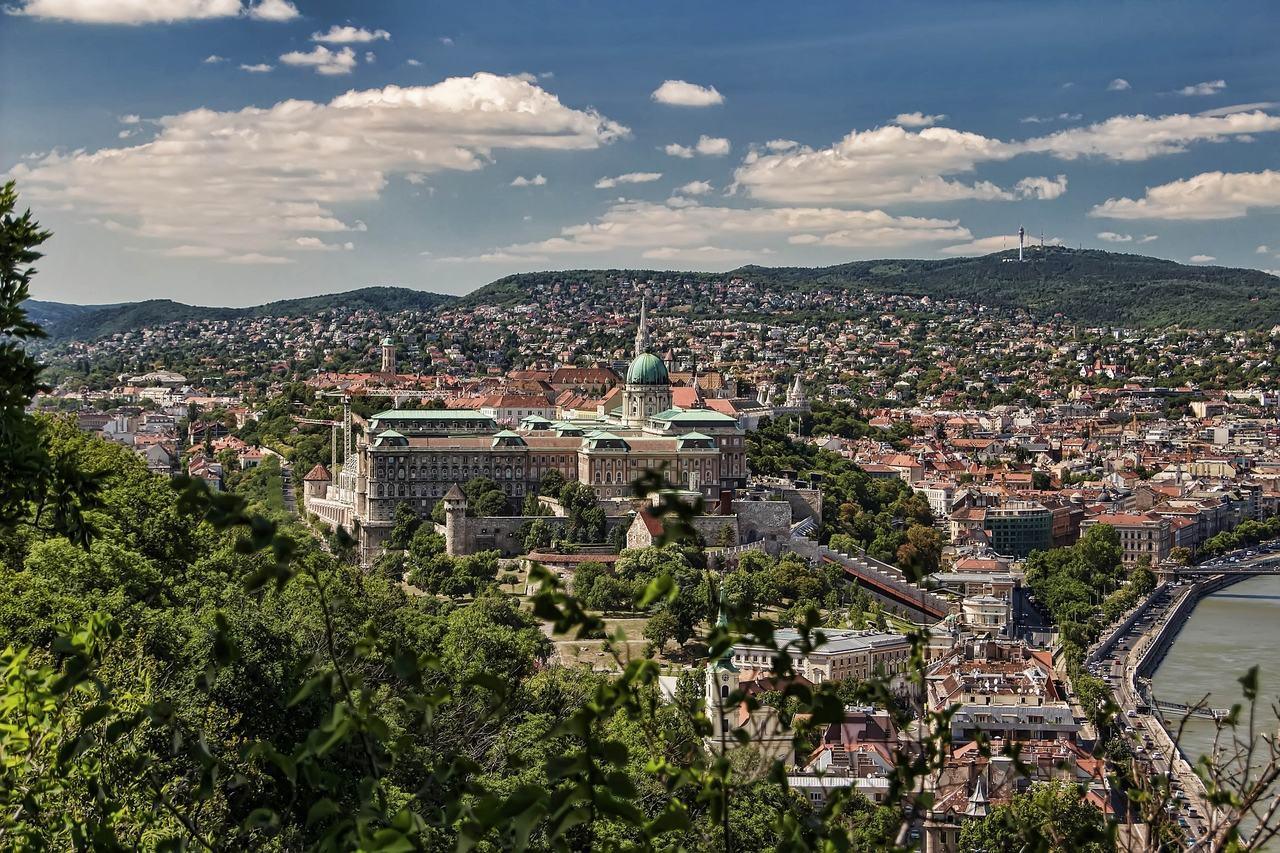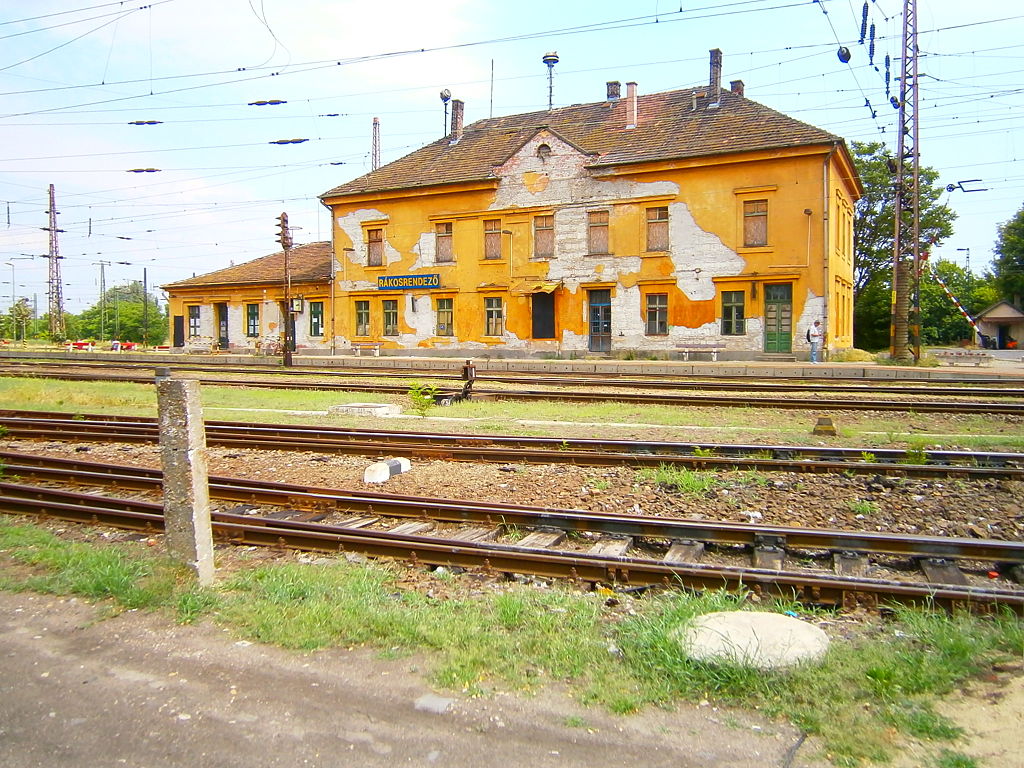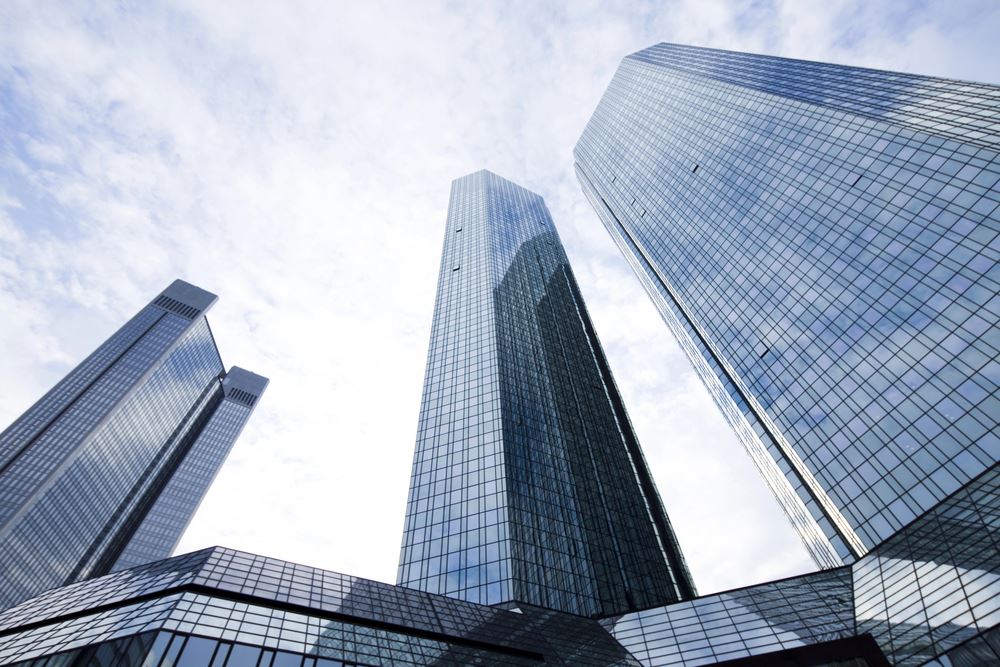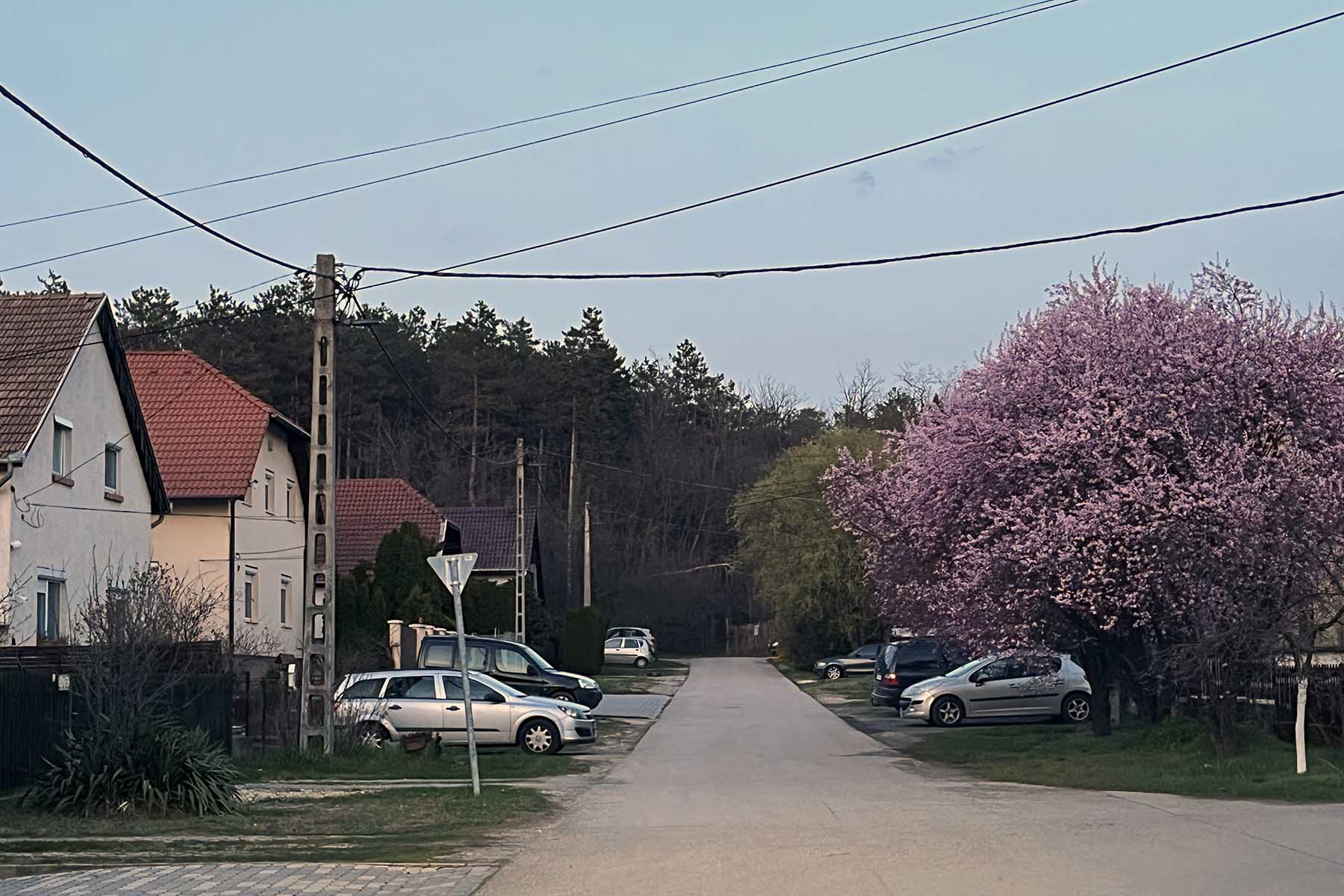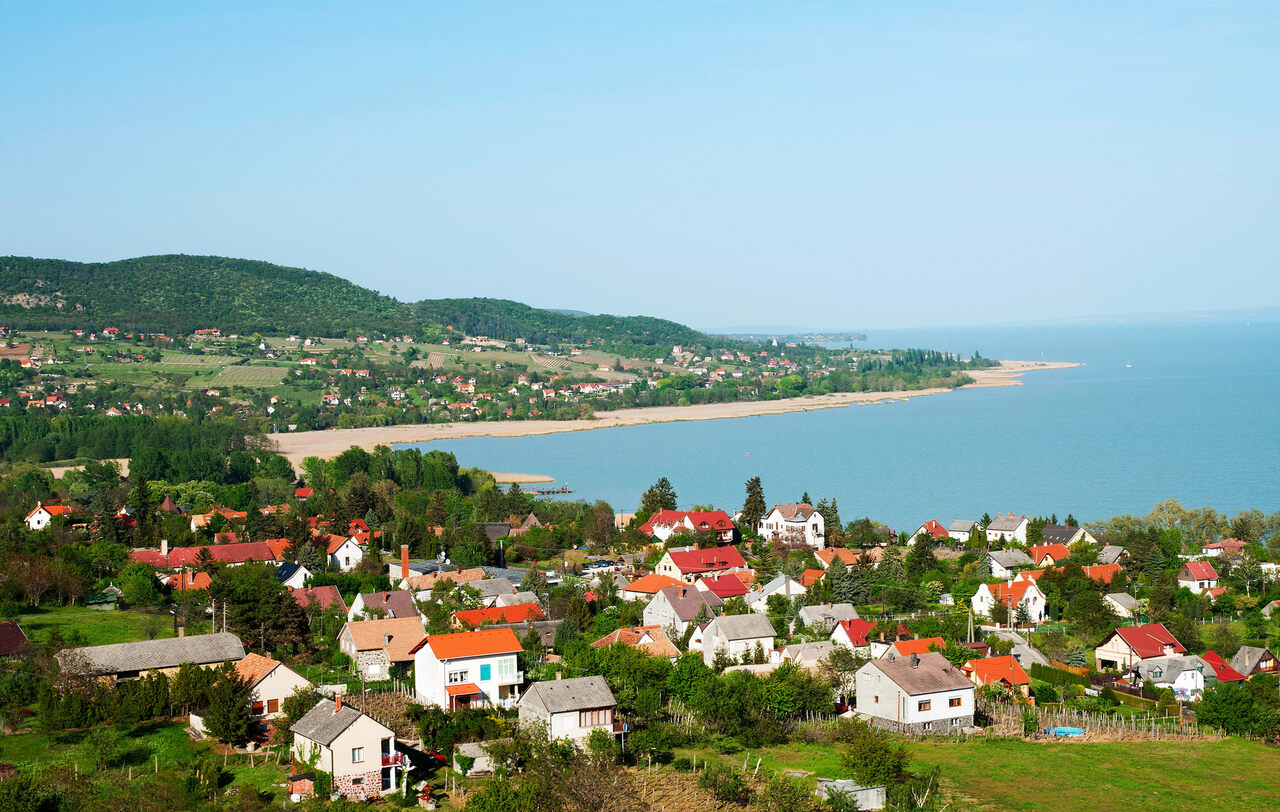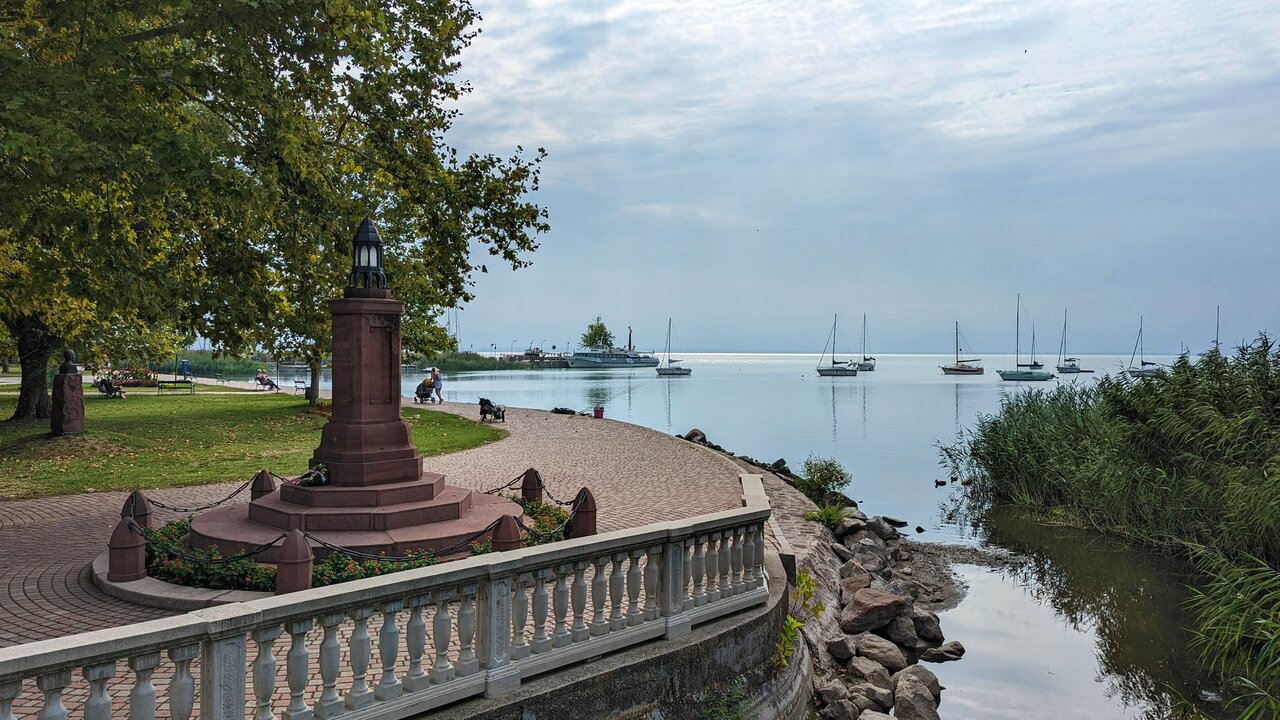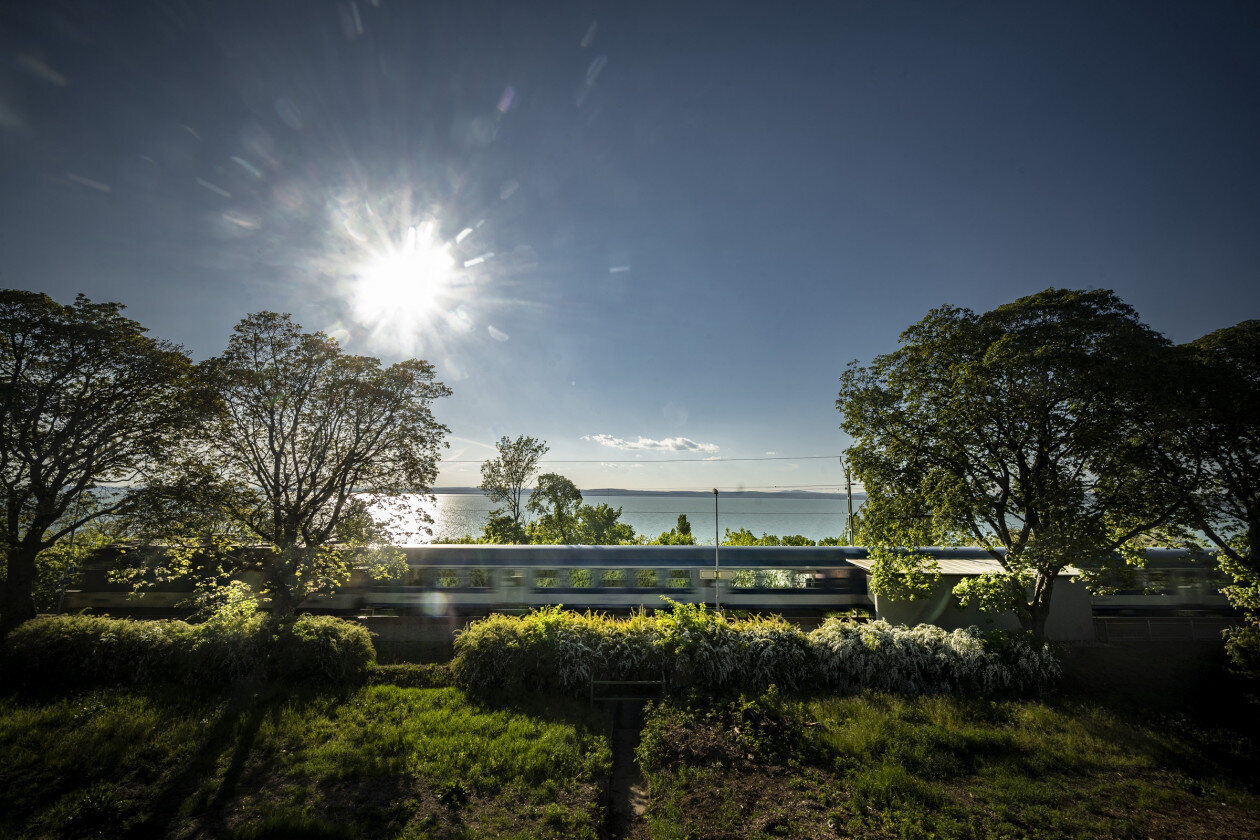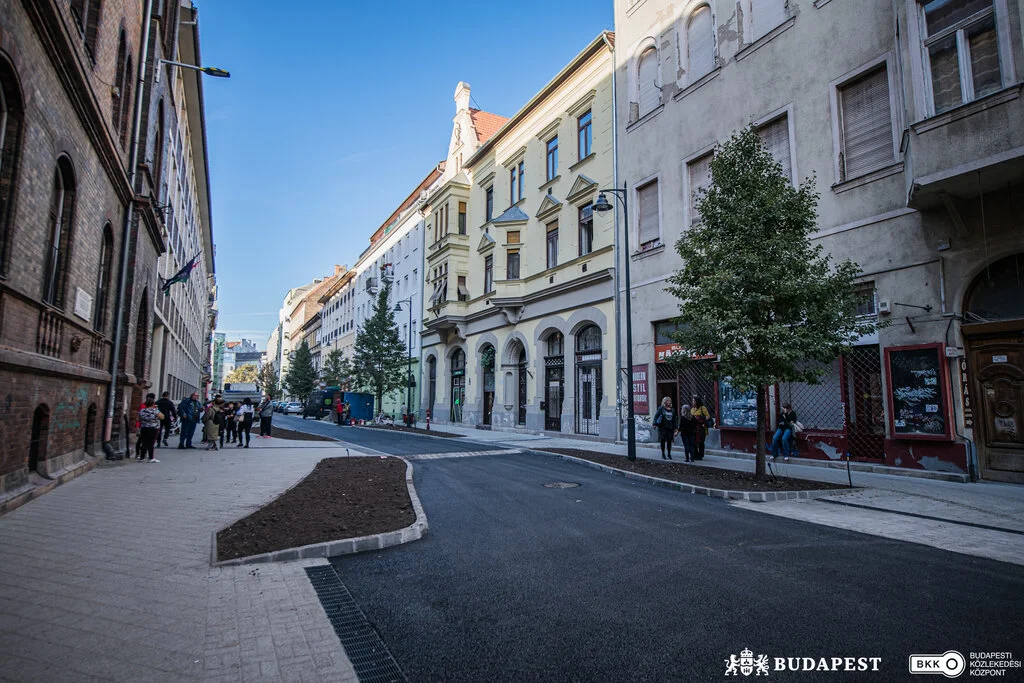Wizz Air moves its headquarters to a landmark office in Budapest
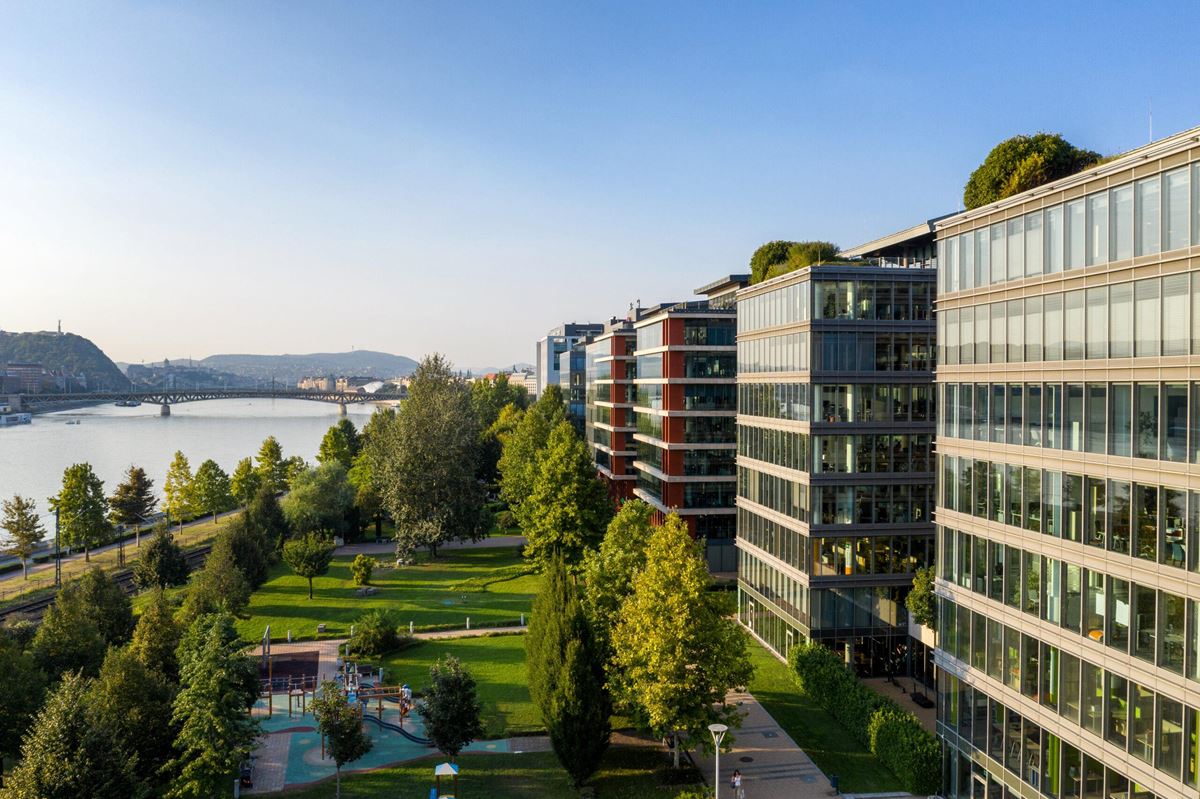
The ultra-low-cost airline Wizz Air has relocated its headquarters to the Millennium City Center office park in Budapest. The company secured an 8,000 sqm of office space in a landmark office deal. The lease agreement was concluded for the long term with very flexible conditions. Newmark VLK Hungary provided tenant representation to execute this transaction.
In a landmark lease transaction, Wizz Air moved its staff to the Millennium Tower, which is part of Millennium City Center, a premium office park by the Danube in Budapest. The airline has set up its new headquarters by renting out the entire South Tower, which has state-of-the-art interiors and services to improve employee comfort. The company has a separate entrance and reception, a dedicated modern dining and catering area, and a unit of a leading café chain, while a modern fitness center is also available in the area.
“We tried to find a vibrant and rapidly developing location for the client. Millennium Tower is an excellent property as a lot of services surrounds it, and the building itself offers many amenities. It already functioned as a company headquarters, so a significant part of the fit-out could be retained, and a more cost-effective approach could be used to arrange the final interior space, which is an important aspect for a tenant which is a low-cost airline,” said Valter Kalaus, managing director of the real estate consulting firm, Newmark VLK Hungary which spearheaded the transaction, representing the tenant.
He added that only a few new projects have been launched in the Budapest office market over the past three years, most of the contracts are extensions, and there are very few suitable office buildings among those already operating where such a large company headquarters can be established according to the modern standards and requirements. In addition, the flexibility of the lessor has extended to the point that it can also provide additional space for the future expansion of the airline should there be a demand for it.
“We are delighted to be moving our corporate headquarters to an office building with such outstanding facilities. The new premises will give Wizz Air, Europe’s fastest-growing airline, a central hub to foster collaboration, community, and innovation to strengthen its low-fare leadership position. I am sure that the modern environment and easily -accessible downtown location will be appreciated not only by our existing and new colleagues but also by our partners while serving our continuously growing and expanding airline for many years to come.”
– said Ian Malin, Chief Financial Officer of Wizz Air.
read also:
- 5 supercheap but mesmerizing destinations from Budapest by plane, details HERE
- Discover a hidden gem: Wizz Air relaunches flights to the Eastern European capital
Get our daily news collection, sign up and subscribe your friends to our daily newsletter here



